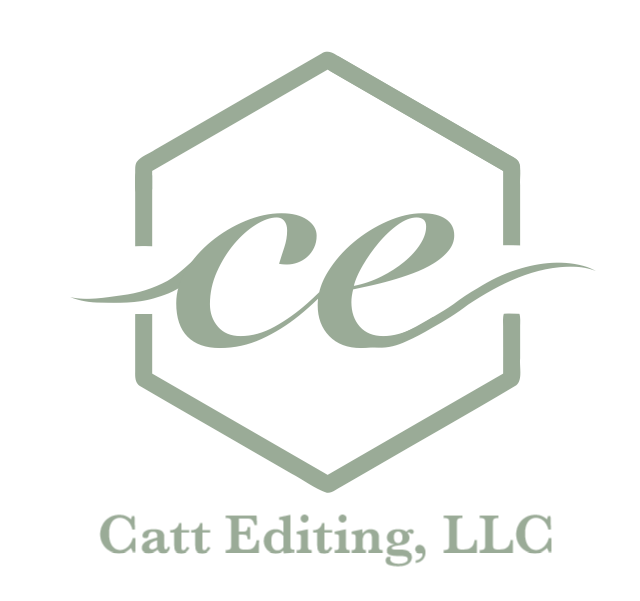
Looking for something specific?
Use the search bar below.
Parallel Structure in Lists
Lists come up in writing all the time when you want to keep together multiple items. They can be made up of words, phrases, or entire clauses. For the list to make the most sense and flow well, each item in the list needs to be parallel to the others. This means each item of the list must make sense independently with the list introduction. That’s confusing. Here’s an example.
How to Cite Sources
Citing sources is essential to playing it fair in writing! Imagine spending a ton of time and effort to putting together a document of your own ideas based on your own research, and then someone comes along and pretends it’s their work. All they did was slap their name on your paper, and now they get all the credit! Unfair! That’s exactly what you’re doing to other people when you don’t cite your sources. Whether you’re directly quoting or paraphrasing someone else’s ideas, give credit where credit is due. Always. Another reason for citing sources, other than giving credit to others for their ideas, is to allow the readers to find those sources for more information. If you read a book with a lot of amazing quotes originating from a single book, you might be interested in reading that book. But you wouldn’t be able to do that if you didn’t know which book it came from.
Why Can’t My Editor Proofread My Book Too?
It may seem easier and cheaper to have an all-in-one editor, this way you get all the editing done in one go. Let me tell you why you shouldn’t do this.
Tricky Punctuation: Colon
Proper punctuation is really important! Today we will be learning about colons.
Gendered Language: Tips for Inclusive Writing
It’s very rare that someone intentionally goes out to exclude someone through their writing, and most people don’t mean to throw in sexist stereotypes when they’re writing a book. And yet it happens every day. . . . Why is this? And more importantly, what can we do about it?
4 Ways an Editor Can Help You
You may think a quick spell-check (or a thorough one) and reading the document a hundred million times is a good replacement for hiring editors. You might even send it to friends and read editing blogs and do all kinds of other things to help you do a better job editing your own book . . . but it’s not the same. Hiring a professional editor is invaluable, and here’s why:
Style Sheets
A style sheet is basically a smaller style guide customized to each project. Style guides tell us the rules of English. The purpose of style guides is to ensure consistency throughout writing so we know what a piece of text is talking about. What if there wasn’t a single source telling us how to use a semicolon? I think; we’d use them; whenever we wanted. And it would be; confusing for everyone involved. So style guides are important.
What Is Line Editing?
Imagine someone telling you a story at a party. It would be a hilarious story—except that they suck at telling it. Their words are jumbled, and they’re so long-winded, and they messed up the punchline. It’s just a mess. This is what line editing fixes in your story.
8 Things You Should Know About Hiring an Editor
There are a lot of things to consider when hiring an editor, so here are eight tips to help you make the right decision.
3 Dead Rules
Language changes and develops with the people speaking it. We do not speak the same in 2022 as we did in 1622. Not even the same as we did fifty years ago! Conventions and meanings change. This means we may have been taught rules that are no longer important. And somehow, some of us have been taught things that were never rules in the first place.
I want to go through some of these grammar “rules” that aren’t rules at all so we can stop worrying about them.
Purple Prose
Overwriting often happens with amateur writers. New writers think they need to explain everything to the reader for them to understand. This means there’s lots of meaningless description without much progression of the story. The reader is pulled out of the story and gets bored! So, let’s learn how not to do that!
What Are the Different Types of Editors?
There are several types of book editors that do different jobs and come at different stages. You’ll want to hire them in the correct order, otherwise someone’s word (and your money) will be for naught. Let’s go through the four main types of editors and what they do!




















